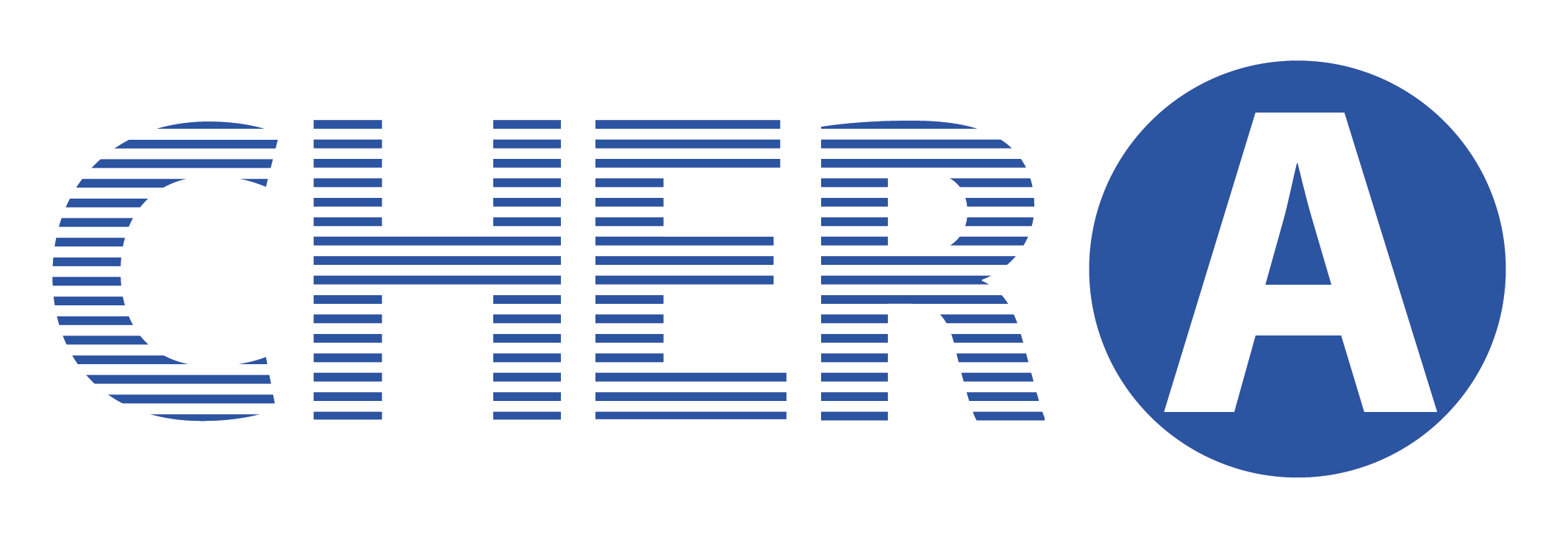Project Title: De-Sovietization of Higher Education: Legacy-Innovation Tensions and Cumulative (Dis)Advantages in Cross-Cultural Perspective
- Funding Scheme : General Research Fund
- Project Number : 17665816
- Principal Investigator: Dr Oleksiyenko, Anatoly
- Abstract:
This study aims at exploring a cumulative (dis)advantage theory (Merton 1968,1988; Oleksiyenko and Sa 2010) in the light of changes tackled by academic innovators in post-Soviet higher education systems. The study will examine how these innovators have been mitigating systemic and institutional legacies to reduce disadvantages and create new positions of advantage after the departure from the Soviet model of higher education. The analysis will explore legacy-innovation tensions in the academics’ efforts to replace excessive bureaucratic control with shared governance, indoctrinated learning with critical thinking, segregated research and teaching with synergies between inquiry and learning, as well as ideological internationalization with meritocracy-driven global outreach. The study will identify critical factors that have been driving some academics to succeed in creating cumulative advantages, while others to continually mitigate disadvantages or end with hybrid effects in the process of innovations. The findings in this project will be informed by a qualitative data analysis of innovative academic practices in China, Kazakhstan, Mongolia, Russia, and Ukraine. In each country, the data set will triangulate inputs from scholarly, institutional and technical assistance reports, self-directed questionnaires, and focus group discussions with academic innovators in social sciences and humanities, natural sciences and engineering, and health sciences. The cross-country analysis will be conducted to identify variances among major drivers of cumulative advantage or disadvantage for the academics who initiated research and teaching innovations discarding the practices and entitlements developed by the Soviet model of higher education and pursuing meritocratic and accountable norms evaluated by scholarly communities internationally. The cross-cultural perspective will provide opportunities to understand specific systemic and institutional interventions managed by the post-Soviet academics on the move from closed to open knowledge development systems. The research will enrich the theory of cumulative advantage in higher education by shedding light on cross-cultural perspectives in the studies of opportunities and challenges generated by innovative practices in the academe. The resultant publications will stimulate scholarly debates on legacy-innovation tensions that tend to emerge in academic practice in general, as well as on challenges of sustaining academic excellence in the systems coming out of political and socio-economic hardships. The study will inform how successes, failures, reversals and hybrid solutions emerge in the times of modernization of professional and institutional norms in post-Soviet universities. Finally, the study will contribute to a better conceptualization of developmental dilemmas and strategies in the post-Soviet academic contexts that are often stigmatized by tensions between legacies and innovations.
